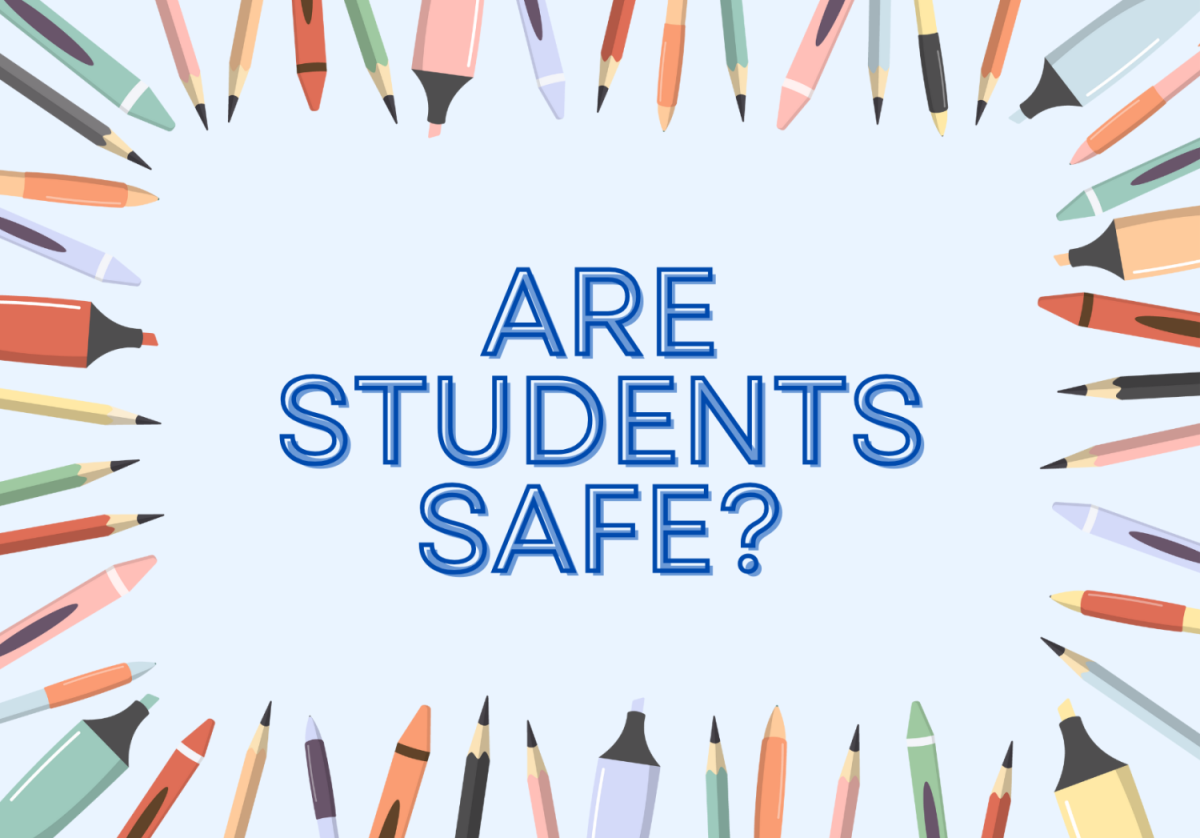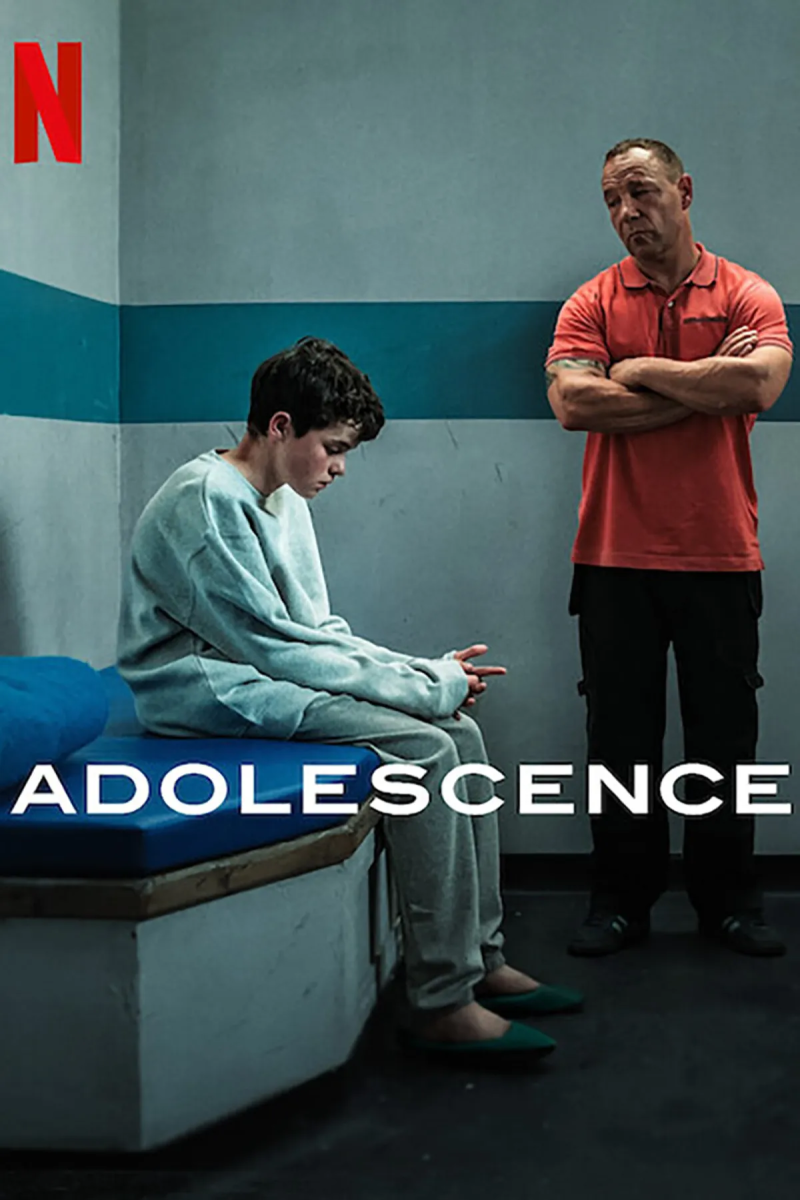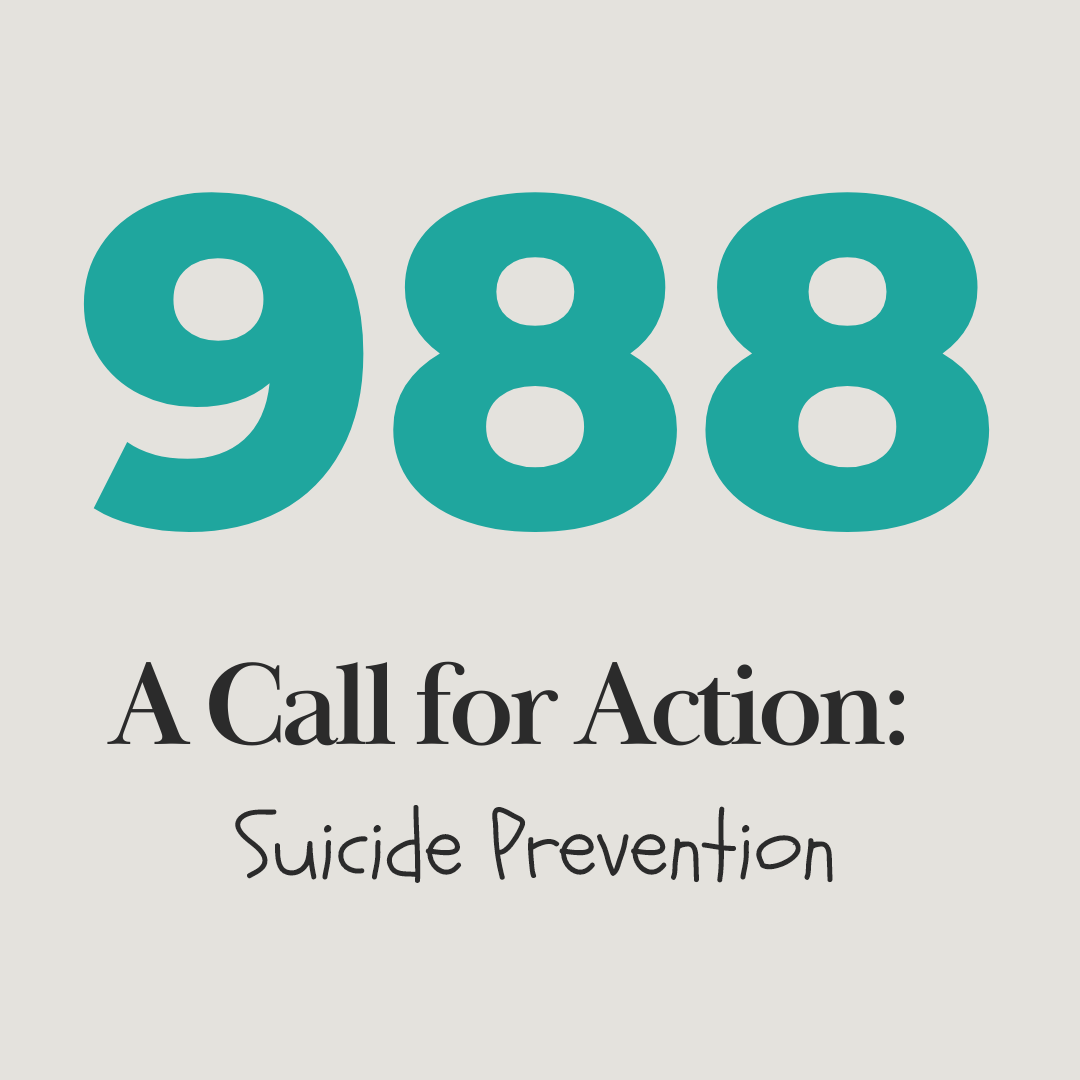In the last two decades, the suicide rates in the United States have gone up by 35%. In 2023, 50,000 people passed from taking their own lives, which is higher than any year on record. These rates bring up questions, Why are suicide rates rising? What is society doing to help prevent suicide? When will we stop daydreaming and hoping it will stop on its own and when are we going to start taking action?
On Jan. 1, 2024, the Gold Gate Bridge announced that they now have 95% of their suicide net barrier complete. The net goes 20 feet out from the walkway and is 1.7 miles long to make jumping off significantly harder. The barrier is symbolized to show those hurting that people care and show them that they have a second chance.
Annually, the average number of deaths from suicide on the Golden Gate Bridge is around 30. However, last year while the bridge barrier was being installed, there were only 14 deaths. already reducing the annual deaths in half.
There are a lot of things that, as a Country, we can do to prevent suicide. One way is through stricter gun control. In the United States, over half of all suicides and roughly 90% of attempts involve firearms. The Red Flag law has been passed in twenty-one states which allows authorities to take away an individual’s firearm if they are a threat to themselves or others.
One organization that has dedicated their research to help suicide prevention is the American Foundation for Suicide Prevention (AFSP). Their mission is to “Save lives and bring hope to those affected by suicide. We fund research to improve interventions, train clinicians in suicide prevention, and advocate for policy that will save lives. We work to find better ways to reach those who suffer, and encourage schools, workplaces, and communities to make mental health a priority”
One way the United States as helped suicide prevention was by changing the suicide & crisis lifeline to 988. They did this because it is an easier number to remember. When people call or text 988, they are connected to a trained crisis counselor who will provide free and confidential emotional support to people who are in a suicidal crisis or emotional distress.
To help fight suicide you should learn to understand the basics of it.
Understanding Suicide
Not everyone who has suicidal thoughts necessarily wants to die. Most people with suicidal thoughts just want to escape their unbearable reality. A suicidal person views suicide as their only option for getting out of their head, they believe there is no other way. In the face of their desire for wanting their pain to end, they are severely conflicted about whether the act of suicide is the best way out and wish there were other ways. The majority of people who pass from suicide talk about wanting to die prior to doing so. This is why any mention of suicidal thoughts or actions should be taken seriously.
Warning Signs
People who are suicidal tend to show one or more signs they could be taking their lives soon. These can include:
|
Mentioning |
Behavior Changes |
Mood Changes |
|
|
|
Tips for Talking About Suicide
Recognizing and understanding these warning signs and taking them seriously is the first step toward suicide prevention. On the other hand, talking to someone who you think might be experiencing suicidal thoughts is hard. It is the best way to help them, and there is no shame in asking them if they are suicidal, which is the first step to helping. Some things you can say to them to help start the conversation are, “I’ve been really concerned about you recently, recently I’ve noticed some differences. Is everything okay?” I wanted to check in with you because you haven’t seen yourself lately. you can’t make a person suicidal by showing you care. By asking them these questions it gives them the opportunity to express how they feel or what is going on and can even prevent an attempt.
The Do’s and Don’ts When Talking to Someone Who is Suicidal
Do:
- Be yourself. Let them know you care and that they are not alone.
- Listen. Let the person pour their feelings no matter how negative the conversation seems.
- Be sympathetic, non-judgmental, calm, patient, and most importantly accepting.
Dont:
- Argue or say things about how much they have to live for.
- Act shocked or lecture them on the value of life or the wrongness of suicide.
- Promise confidentiality. This person’s life is at risk and you may need to talk to someone in order to keep the suicidal person safe.
- Make them feel like they have to justify their feelings.
- Blame yourself.
Getting Help
It can be difficult and scary to know that someone you care about is thinking of ending their life. Although there are many resources that are here to help, you are not alone in helping them. Contact the National Suicide Prevention Lifeline 988 to talk to a licensed mental health professional in your area. If someone shares that they feel like they are going to end their life, help them by taking them to a doctor, hospital or mental health professional to get the immediate and best help they need to stay safe. When people are willing to ask uncomfortable questions and have these hard conversations, it allows us to have fewer people in our lives die from suicide.




































